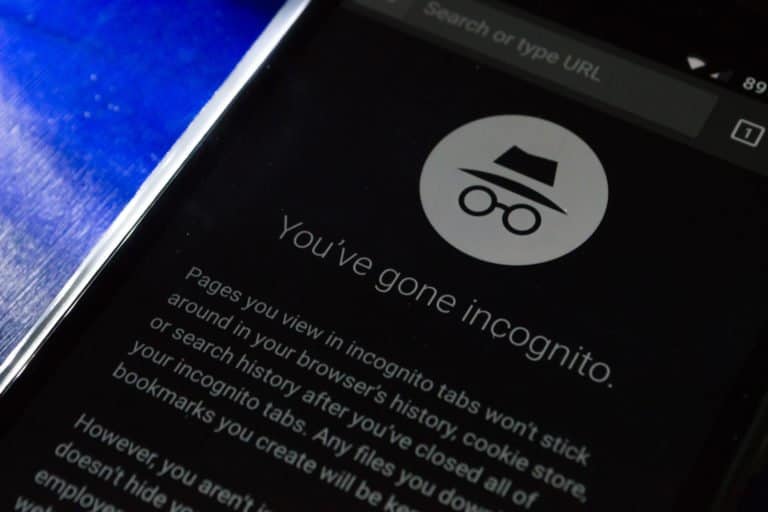The class-action lawsuit against Google’s incognito tracking policies can continue after the company was unable to stop it in court. US District Judge Lucy Koh authorized this continuation of the lawsuit, which says that Chrome’s private browsing mode (known as Incognito) should stop Google’s server-side tracking since it violates federal wiretap laws.
The lawsuit seeks $5 billion or $5,000 per violation, for affected users, who may number in the millions.
Google tried to stop the lawsuit by arguing that there is a Chrome Incognito explainer, which shows up when you go into Incognito mode.
Google’s defence
In Incognito Mode, the explainer says that “your activity might still be visible to websites you visit.” The judge did not think this was enough and the court concluded that Google did not notify users it engages in data collection where users are tricked into thinking they are in a perfectly private browsing mode.
The problem here is Google promises users they can “browse the web privately” and control the information they share with the company.
The way it tells people to do this is by launching a browser like Chrome, Safari, Microsoft Edge, or Firefox in “private browsing mode.”
Google lies
The statements made by Google about privacy are untrue since, if you do go into the privacy browsing mode, they will still track, collect and identify your browsing data in real-time.
That is not only contrary to federal and state laws on wiretapping, it also violates consumer privacy rights.
A Google spokesperson told Bloomberg that the company strongly disputed the claims and will defend itself when the time comes, rehashing the line about the Incognito Mode explainer.
